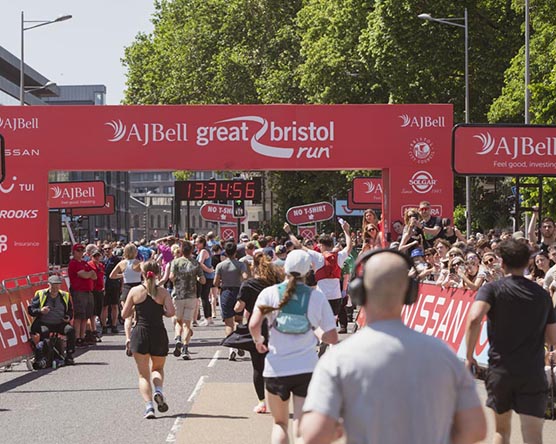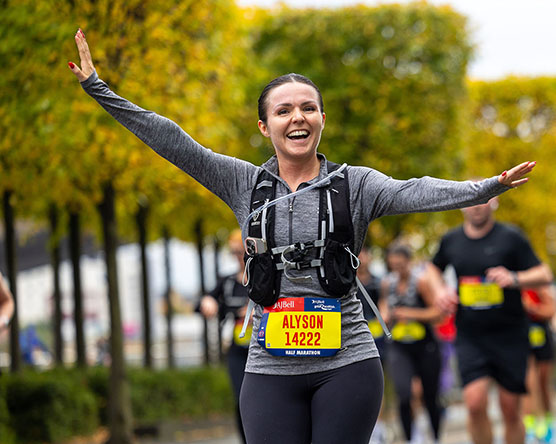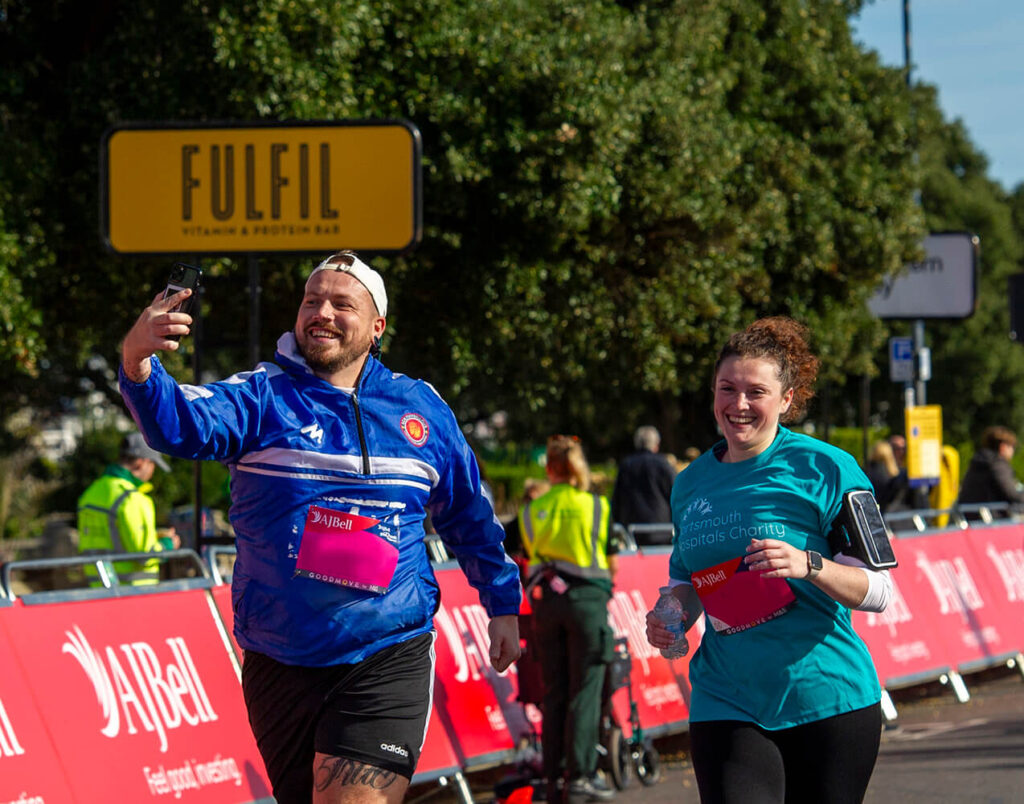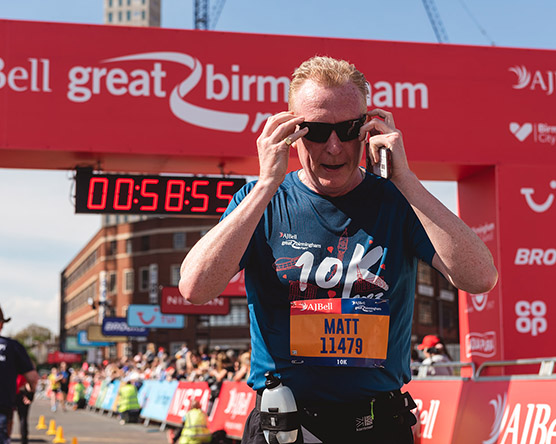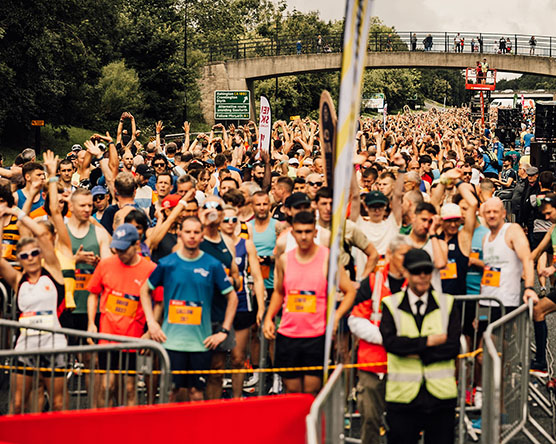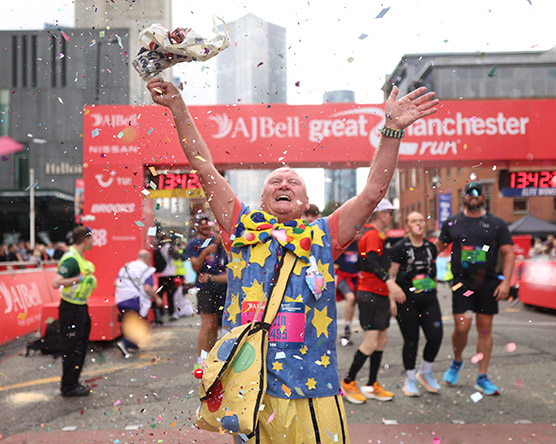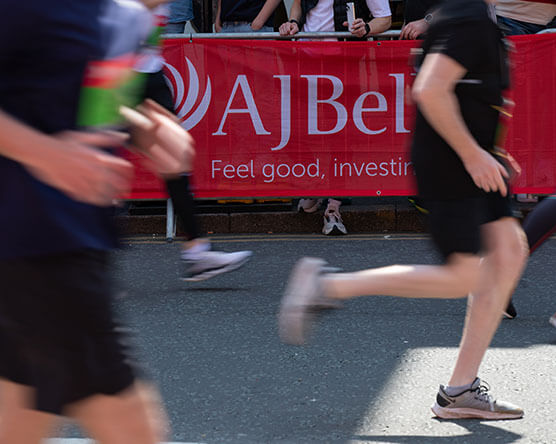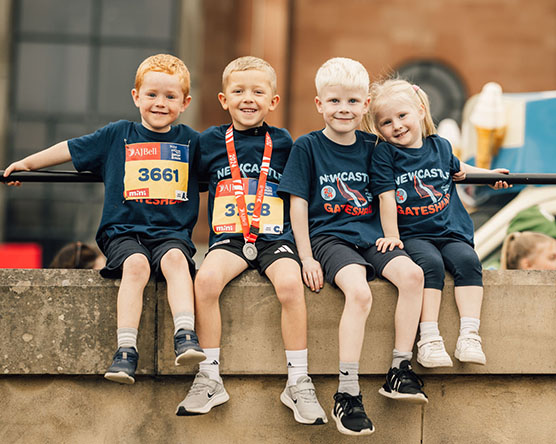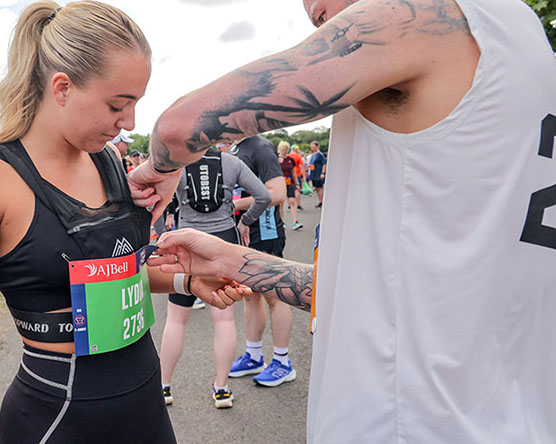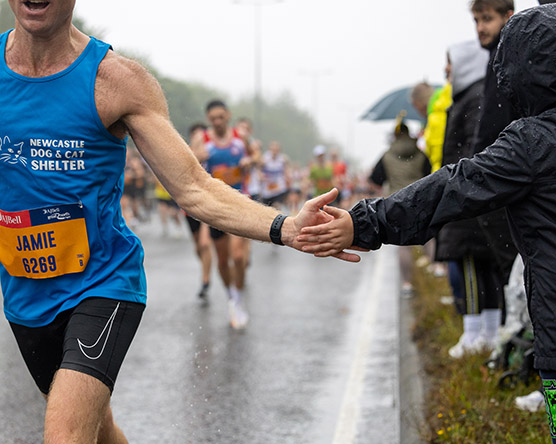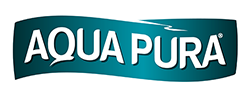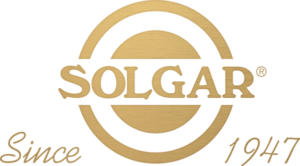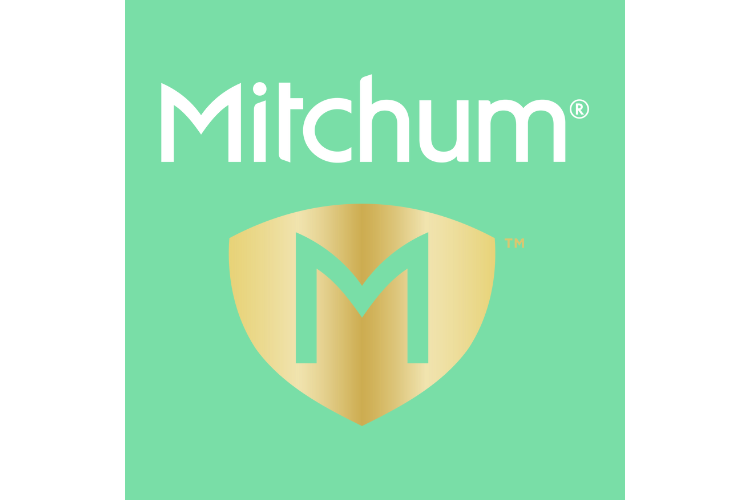What you eat after a half marathon can have a huge impact on your recovery; from combating fatigue, to supporting immune function. But with the ever-growing industry of recovery drinks and protein bars, it can be hard to know what to choose. Don’t fret, you can get everything you need from food too so there’s no need to buy expensive products. This recovery nutrition FAQ guide will tell you everything you need to know about recovery nutrition after your half marathon.
Why is recovery nutrition important?
Eating the right foods after a half marathon is crucial to replenish depleted glycogen stores, reduce muscle soreness, and for rehydration. It can even improve future running performance through muscle tissue repair and adaptation. What’s more, it’s important to replace the calories burnt whilst running the half (approximately 1500 calories for a 70kg runner). Failure to do so can increase the risk of both illness and injury.
What if I don’t feel like eating?
There’s no one size fits all when it comes to what to eat after a half marathon. Everyone is different and will have individual food preferences, varying appetites and other factors affecting food intake. It’s therefore a good idea to try out different foods during your training to find out what works for you.
Nutrition & Hydration
The Benefits of Turmeric
Read More
That way, you know what works best when it comes to race day. It is, however, crucial to eat foods rich in carbohydrate and protein following your long run. Carbohydrates are needed to replace glycogen stores which will be depleted following a half marathon, whereas protein promotes muscle repair and helps reduce muscle soreness. Protein may even improve glycogen uptake so a combination of both carbs and protein is recommended. Research shows that consuming a 4:1 ratio of carbohydrate to protein results in higher glycogen stores (compared to carbohydrates alone).
Make sure you choose high-quality carbohydrates, such as wholegrains, starchy vegetables, and fruit, and lean protein sources, such as chicken breast or tofu. The amount you need is different for everyone, but a good rule of thumb to go by is the more intense the training, the more carbs and protein you will need after.
Some ideas of foods rich in carbs and protein in a 4:1 ration include:
• A glass of semi-skimmed milk and a medium banana.
• Nut butter on wholegrain toast.
• Wholegrain pasta with bolognaise.
• Chicken breast with brown rice.
• Fruit salad with Greek yogurt.
• Homemade milkshake made with banana and semi-skimmed milk.
• Wholegrain cereal with milk and fruit.
When should I eat?
Eat as soon as you can after your run. The quicker you refuel, the faster your body will recover. It’s best to eat within 30 minutes of finishing your run as this is when your body is most effective at converting glucose from the carbohydrate you eat into much needed glycogen.
Later in the day (approx. 1-3 hours after your run), eat a meal or snack containing all the macronutrients (carbohydrates, protein and fat). This doesn’t have to be in the 4:1 ratio but do try and make it nutrient rich. An example may be salmon, sweet potato and greens.
What if I don’t feel like eating?
Many runners might not have much of an appetite after a half marathon, or they feel sick. This can make eating a challenge. But waiting too long to refuel can be detrimental to recovery.
If this sounds familiar, opt for a drink containing carbs and protein in the 4:1 ratio. Chocolate milk is a great option (delicious too).
What should I drink?
Rehydrating after a long run is crucial to avoid dehydration, which can result in low energy, dizziness and confusion. One way to check how hydrated you are is to monitor the colour of your pee. If its pale yellow (like lemonade), you’re hydrated. But if its darker (like apple juice), it suggests you are dehydrated. Water alone can rehydrate you, but research from Loughborough University has shown that cow’s milk might be better for recovery as it contains high quality protein, water, carbohydrate and micronutrients. It might even be a good habit to start drinking milk after your long run as studies have shown that milk is better for rehydration than water.
It’s important to replace electrolytes too. Electrolytes (sodium, potassium, calcium, and magnesium) are likely to be depleted following a half marathon. That’s because they are lost in sweat. Not replacing these, combined with inadequate fluid intake, could lead to muscle cramps. You can get electrolytes from foods such as fruit and veg, or you could add electrolyte powders to your water.
Is there anything I should avoid?
Foods high in fat can slow the digestion of carbohydrates, so it’s best not to have these immediately after a run. That’s not to say you can’t or shouldn’t have them, just wait a few hours to make sure your glycogen stores are topped up first.



